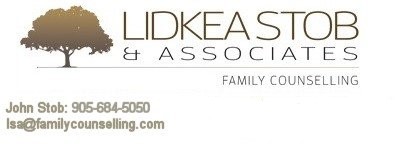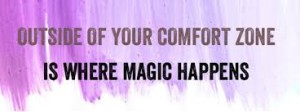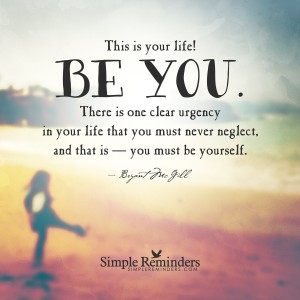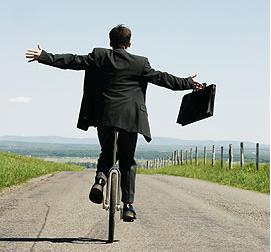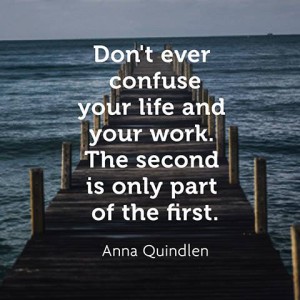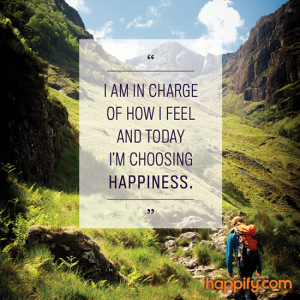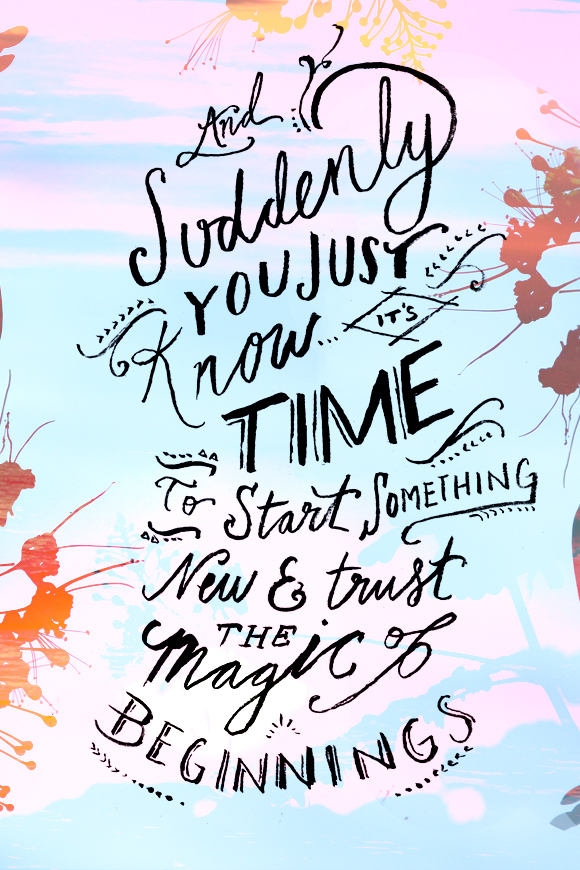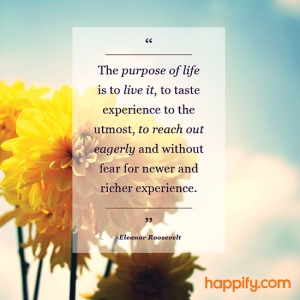Stepping outside your Comfort Zone
As therapists we talk about this imaginary comfort zone a lot. We may use different phrases and words, perhaps we talk about resistance to change or pushing boundaries or maybe we just suggest doing things differently. Whatever the language we are talking about change and doing something in a way we haven’t done before to achieve a different result. This means for many of us that we have to step outside that invisible comfort zone.
The funny thing is that when we talk about this people describe feeling anxious about the mere idea. In an article titled How Stepping Outside Your Comfort Zone Can Help Reduce Anxiety the author challenges this idea with their own personal experiences with change. While challenging herself didn’t completely eliminate her anxiety she found that anxiety was not who she was. It opened the door to what was possible.
The “comfort zone” defined by Lifehacker as a “behavioral space where your activities and behaviors first a routine and pattern that minimizes stress and risk.” Of course this sounds great but it doesn’t leave much room for change, growth and new experiences. Huffington Post gives us 6 Reasons to Step Outside Your Comfort Zone and they are pretty compelling. They suggest that trying new things can make you more creative, help you perform at your peak and even help you age better!
So where can you start? In Lori Thayer’s article Step Out Of The Comfort Zone from Life Hack she gives ideas for small, medium and huge steps. While I wouldn’t recommend some of the huge steps they did make me smile. I mean go camping with bears?! Maybe start small like signing up for a computer class, saying hello to a new person every day or not reading your email every time you hear that incoming mail sound.
In How to Step Out of Your Comfort Zone: 3 Helpful Habits, writer Henrik Edberg suggests mixing it up a bit. He recommends eating something new or changing your daily route. If you aren’t quite ready to go it alone you could bring a friend along to the gym or that party you want to go to. Regardless of what the change is you are opening yourself to new experiences and it can be exciting and a bit scary but you will notice a difference!
Work Life Balance
Work life balance are three words I often hear and use as a counsellor. Honestly we are bombarded with the idea that we all must have a perfect balance between these two things. We all wonder how this is done and whether this is true. Can it really be achieved?
The subjective answer is most of us will need to give more energy to certain areas of our life at certain times. In short it all depends. Objectively we can try to strive for some sort of balance but knowing that all things are not always equal. As Worklifebalance.com points out, it is not really about spending equal hours on each area, truly that wouldn’t be so much fun.
A quick Google search tells me that we are all searching for a way to find this perfect balance but our lives and needs are all so different. In Entrepreneur they share 5 Secrets to Achieving and Maintaining Work-Life Balance. An interesting read that made me think about one of my favourite topics setting limits. Respecting boundaries is where many of us get into difficulties achieving balance. Do you really need to answer that email at 11:00 p.m.? With the summer finally here, try secret #4 and embrace the off button! Spend time with someone that makes you smile. Put away that cell phone and just enjoy the birds, the beautiful weather and just relax.
Sometimes we just need to break it down and look at what is important and achievable. Start small and the big stuff often falls into place. Put time into your schedule to ride your bike, have tea with a friend or clean your office. Small things can make big change. In 12 Keys to Achieving Work-Life Balance they concur that tackling and achieving small tasks gives you a sense of accomplishment.
Canadian Mental Health Association has a Work-Life Balance Quiz that let’s us know how we’re doing. I took the quiz and well let’s say things are in balance but they could use a little work! My favourite and most self fulfilling find while writing this was a Ted Talks video by Nigel Marsh the author of Fat, Forty and Fired. Watch his short 10 minute video about How to make work-life balance work and you will be glad you did!
Stop worrying
We all worry at some point in our lives. For some it might be a daily occurrence. The question is how often and does it impact our daily lives? Perhaps more far reaching is the question is worry becoming an epidemic in our society? In a Macleans article The New Worry Epidemic author Anne Kingston looks at the social trend of people exchanging “thinking” for “worrying”.
dictionaryreference.com worry is defined as to torment oneself with or suffer from disturbing thoughts; fret
Wouldn’t it be nice to not worry or torment ourselves! The Third Metric looks at 11 Habits of People Who Never Worry. Some of the habits include focusing on the present, getting to the root of their worry and having the ability to see positive outcomes even in the face of a potentially negative event or situation. Mindfulness can help us to be more present and to focus on the now. Our ego plays a big role in how we interpret our thoughts. Try something you haven’t done before, try practicing to shift your thoughts. This can help us to see positive outcomes more readily.
Look at what is triggering the worry and see if it is based in fact or fear. Reacting from fear can snowball and create an even larger worry than what we started with. Examine the root and tackle what is bothering us. Worry in itself can be a barrier to finding a resolution. Mind Body Green suggests a couple tips for How to Finally Stop Worrying All the Time. Be mindful of yourself and your surroundings and if you need to worry set a timer and give yourself only 60 seconds.
Worry pretends to be necessary but serves not useful purpose. – Eckhart Tolle
Making the Transition To Retirement
Recently I have had clients who are getting ready to transition into retirement. This is something they have worked hard for and have been looking forward to most of their working lives. So why does it feel so scary?
Retirement for some can mean the perception of not being useful anymore. They might feel that because of age they are no longer valued. There can be a sense of not having purpose. There is definitely a shift and a change in life’s direction but is it the end or just the beginning of a new chapter?
There are emerging trends in retirement with one being encore jobs. With large numbers of baby boomers reaching retirement age and life expectancy being longer there are changes in how we view retirement. They want to slow the pace and have less pressure but they don’t want to completely retire. A Toronto Star article “Encore Jobs” a new trend in retirement looks at one of these trends. With the encore career comes the ability to choose when and how we work. It also supplements retirement income to allow for the funding of personal interests such as travel, theatre and learning.
Baby Boomers are shaping another trend and that is causing a rise in older entrepreneurs. In an article from Entrepreneur, Many Baby Boomers Are Choosing Entrepreneurship Instead of Retiring, the stats show that in 2014, 23 percent of business owners were older than 55. Business Daily says Baby Boomers Flock to Entrepreneurship as “adults over 50 comprise one of the fastest growing groups of entrepreneurs in the U.S.” The idea of starting something new can be energizing and creative. It may be the first time in their life that they can combine their well developed skills with something they feel passionate about. It is no longer about the need for a large income and benefits, it is about doing something that really interests them, having fun and earning some money along the way.
The message is they’re not done yet, they have too much to offer. The good news is that they are doing it on their own terms. Where they might have worked within a corporate structure and had to follow structure and procedure, they are now free to make choices. The choices are no longer driven by fear, expectation of others or what their original career choice dictated. They can make choices about what interests them, what they want to explore and how much they are willing to give of themselves and their time.
Freeing Ourselves from Attachment to Outcome
We live in a culture that is all about attachment. Attachment to ideas, material possessions and even people. In counselling sessions I often hear things like “I cannot live anywhere but the family home” or “if this relationship doesn’t work out I can never be with someone else.” Our attachment to outcome is what can sometimes leaves us disappointed or causes us to miss another opportunity because we are so focused on one thing that we don’t notice the other that is right before us.
In an article by Cherie DiNoia, Let Go of Attachment: You Can Be Happy Even If Things Change, the author explores the human experience of attachment. With attachment can come a deep sense of loss when life doesn’t go as planned. “What if what I needed to get what I really want in life–peace and happiness–looked different than what I had imagined?”
What would happen if we set goals without caring about the outcome? Author Margaret Paul ponders this thought in her Huffington Post How to Set Goals Without Caring About Outcome. Perhaps a confusing concept as many of us believe a goal must have a specific outcome. Paul points out the difference between goals and attachment to outcome and what can happen with attachment. “If we attach our happiness and worth to accomplishing our goals, then we will never feel happy until we have what we want.”
People may avoid new things for fear of failure. In Want to Soar? Let Go of Outcome, Failure and Imperfection by Nicole Urdang says “by allowing a more accepting, gentle, kind approach to all areas of your life and detaching from rigid notions of what is OK, you will feel freer and more relaxed.”
By leaving our minds open we have many possibilities but choosing only one outcome limits us in ways we may not actually wish. The words “I can’t” mean there is no other option or outcome. What if we tried without fear of failure or loss? We might actually have an experience that brings personal growth and connection. So go ahead and set goals and open yourself to experience more joy in your life and know that sometimes pain, disappointment or fear can be part of that journey to happiness.
